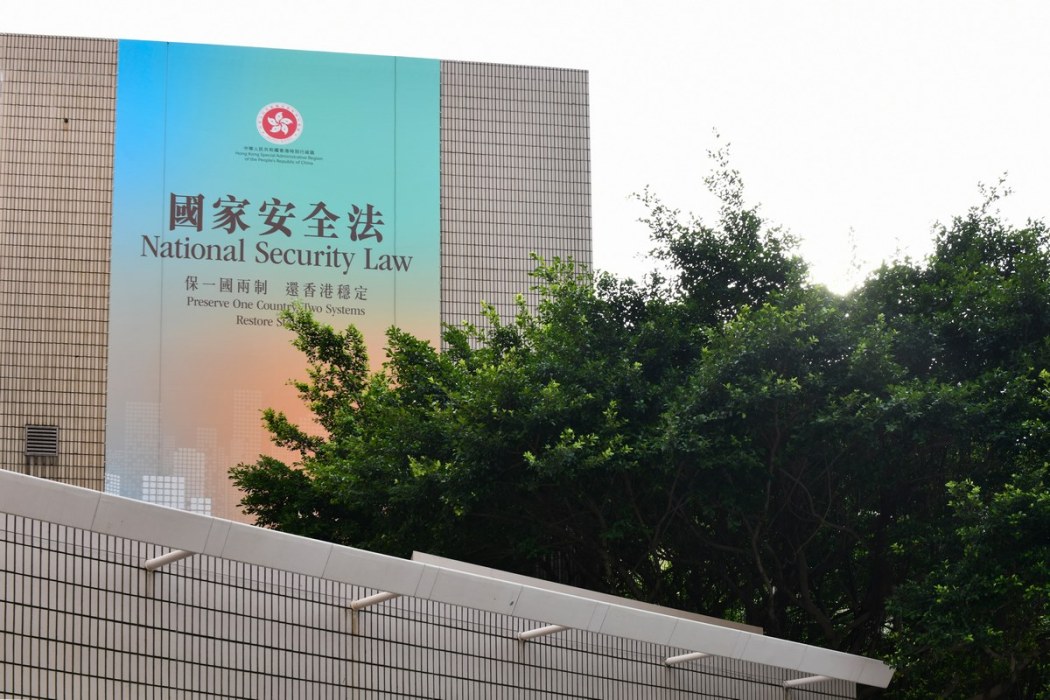The Hong Kong government began a three-month public consultation on Wednesday for plans to amend the Copyright Ordinance – the controversial legislation had previously been ditched twice.
According to government consultation papers, the proposal was drafted based on the Copyright (Amendment) Bill 2014, which was shelved in 2016 after the legislation failed to pass in the Legislative Council (LegCo).

Secretary for Commerce and Economic Development Edward Yau told the press on Wednesday that “Hong Kong’s copyright regime is over a decade behind international developments.”
The current proposal included five main suggestions, including giving copyright owners a “technology-neutral exclusive communication right,” and adding two statutory factors “for the court to consider when assessing whether to award additional damages to copyright owners in civil cases involving infringement.”
The plan also includes exceptions for the use of three purposes, including “parody, satire, caricature and pastiche; commenting on current events; and quotation of copyright works.” However, definitions or details of the purposes given exceptions were not provided.
Fair use?
Democratic Party spokesperson Kelvin Sin said on a RTHK radio show on Thursday that the government should refer to other countries’ legislation and consider including a fair use exemption in the proposal.
“On fair use, this is a reasonable principle, as long as you comply with the rules of use, then it should not be an infringement of copyright,” said Sin. “In my understanding, in some overseas jurisdictions, they only need a simple declaration or a citation of, let’s say a song or the copyright owner.”

The government’s proposal did not include any details linked to the Beijing-imposed national security law. When asked if works could violate the proposed amendments if they criticise the national security law, Yau said that those were two different areas or different laws.
The national security law criminalised subversion, secession, collusion with foreign forces and terrorist acts, which were broadly defined to include disruption to transport and other infrastructure.
Previous legislation attempts
The amendments were first introduced in 2011, and were dubbed “Internet Article 23” – in reference to the also-shelved security law baked into Hong Kong’s mini-constitution. The 2011 bill did not make any exemptions for derivative works, and that the government was empowered to prosecute without the involvement of the copyright holder.
“If it’s not an open-ended exemption, like UGC [User Generated Content] / Fair Use, it’s not enough,” tweeted Glacier Kwong, who helped lead previous protests against the legislation. “And, the problem is this can be used as a tool to take down content online, hindering freedom of speech and expression.”
The government’s second attempt to pass the bill through LegCo in 2014 also attracted criticism from the pro-democracy camp. Both bills failed to pass through the legislature.
Support HKFP | Policies & Ethics | Error/typo? | Contact Us | Newsletter | Transparency & Annual Report | Apps
Help safeguard press freedom & keep HKFP free for all readers by supporting our team

LATEST FROM HKFP
HKFP has an impartial stance, transparent funding, and balanced coverage guided by an Ethics Code and Corrections Policy.
Support press freedom & help us surpass 1,000 monthly Patrons: 100% independent, governed by an ethics code & not-for-profit.










